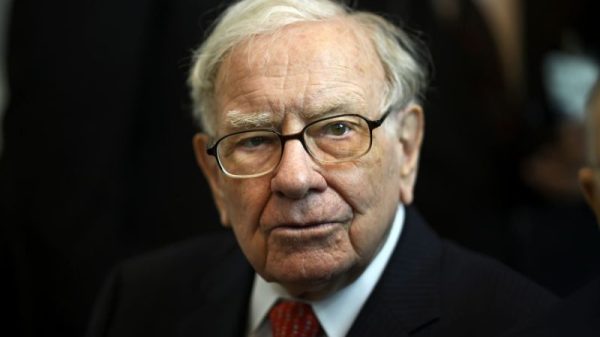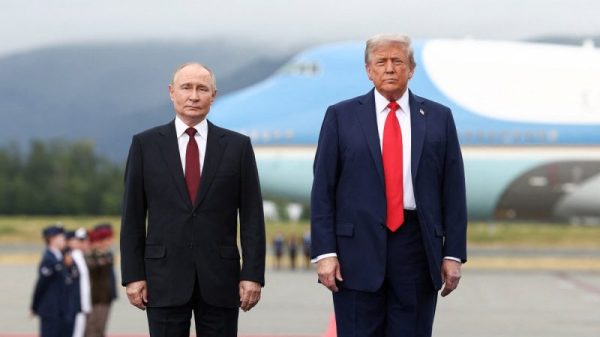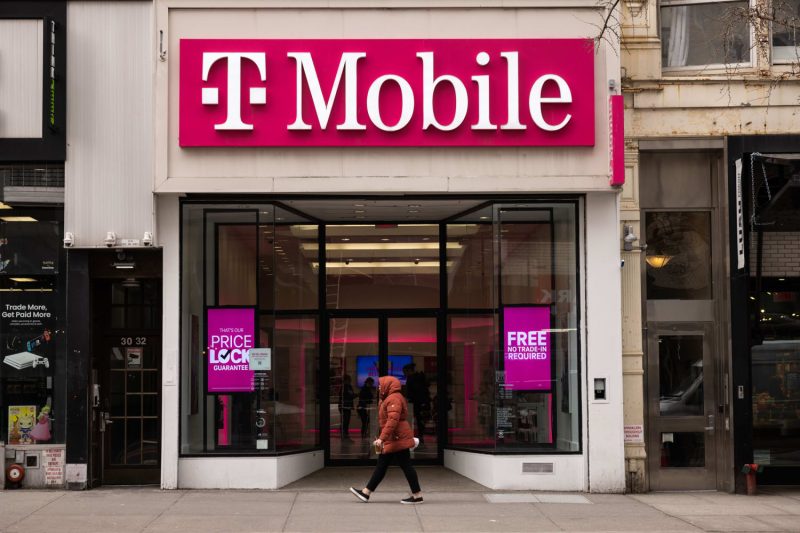In a recent acquisition move that could reshuffle the landscape of the American telecom industry, T-Mobile US has struck a deal to acquire most of U.S. Cellular for a hefty sum of $4.4 billion. This strategic move has sparked a wave of speculation and analysis in the industry as stakeholders and consumers eagerly await the implications of this mega-deal.
One of the key reasons driving this acquisition is T-Mobile’s ambition to expand its market share and network infrastructure. By acquiring most of U.S. Cellular’s assets, T-Mobile stands to significantly bolster its coverage and capacity, potentially challenging the dominance of its larger competitors. The move comes at a time when the U.S. telecom market is witnessing intense competition and rapid technological advancements, making consolidation and strategic partnerships increasingly vital for companies seeking to stay ahead.
From a consumer perspective, this acquisition could bring about both opportunities and challenges. On one hand, the increased scale and scope of T-Mobile’s network could lead to improved service quality, better coverage, and potentially more competitive pricing. Consumers in underserved areas where U.S. Cellular operates may benefit from T-Mobile’s resources and investments in expanding network coverage. However, there are concerns about potential market concentration and reduced competition, which could have negative repercussions on consumer choice and pricing in the long run.
For U.S. Cellular customers, the acquisition may bring about changes to their service plans, pricing, and network experience. T-Mobile will need to carefully navigate the transition process to ensure minimal disruption and a seamless integration of U.S. Cellular’s customer base into its own network. Communication and transparency will be key in managing customer expectations and addressing any concerns that may arise during the transition period.
Industry analysts are closely monitoring the regulatory implications of this acquisition, as antitrust authorities will need to assess the impact on market competition and consumer welfare. Any potential hurdles or conditions imposed by regulators could influence the timeline and terms of the deal, shaping its ultimate outcome and implications for the industry at large.
In conclusion, T-Mobile’s acquisition of most of U.S. Cellular represents a significant move in the ever-evolving telecom landscape of the United States. The strategic rationale behind this deal, the potential benefits for consumers, and the regulatory challenges it poses all contribute to the complexity and significance of this acquisition. As the industry awaits further developments, all eyes will be on how T-Mobile leverages this expansion to solidify its position in the market and shape the future of American telecommunications.


































